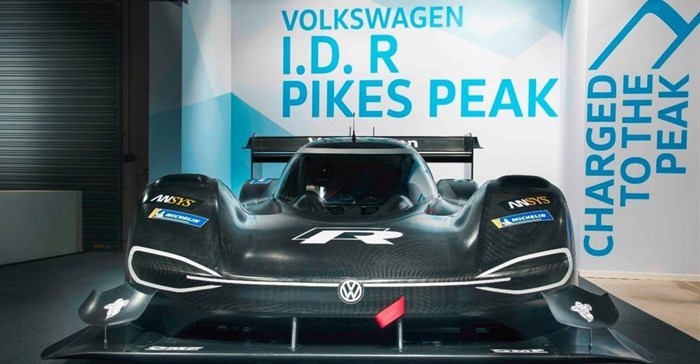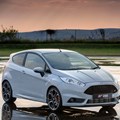
Subscribe & Follow
#AfricaMonth
In the news
VW reveals first all-electric race car built to conquer Pikes Peak

More than 30 years have passed since Volkswagen last entered the legendary road race, charging up the hill in a 652-hp twin engine Golf but falling short of the finish line due to suspension failure.
The German automaker's return is as much about proving its racing credentials as it is about its overall electric vehicle strategy, which will be headlined by its I.D family of zero-emission vehicles. The Crozz crossover, Kombi-inspired Buzz and the steering-wheel-free Vizzion are all concepts that have been floated as future members of the I.D. range.
The I.D. R Pikes Peak was unveiled today in Alès, France, and should be ready to roll in two short months. Just like the Golf in 1987, it will be powered by twin engines, though this time around they'll be strictly electric. With a lithium-ion battery system onboard, the car generates 680 hp and 479 lb-ft of torque.
VW says this affords it a zero to 96km/h time of 2.25 seconds, placing it among the likes of the Bugatti Chiron and Formula One race cars in terms of acceleration.
Continue reading the full article on New Atlas.
Source: New Atlas

New Atlas is about the amazing potential of human endeavour. From DNA-scanning smartphones to the latest advances in autonomous transport, New Atlas examines how new discoveries, products and technological innovations affect our ability to interact with and understand the people around us and the world we share.
Go to: https://newatlas.com/











